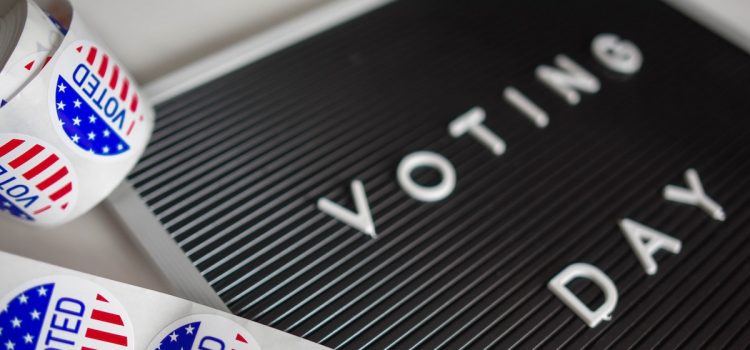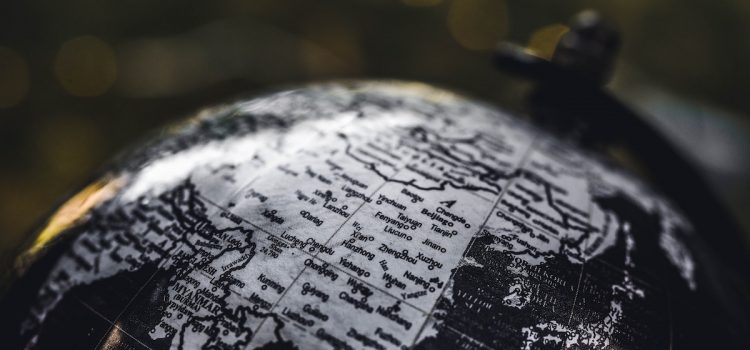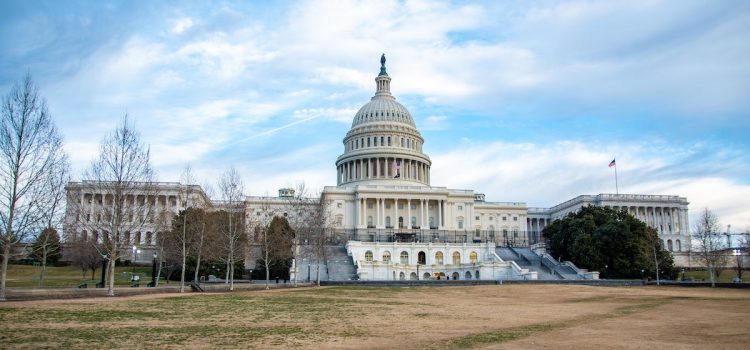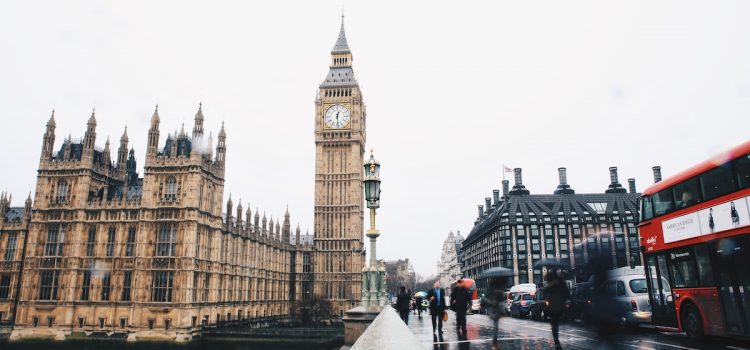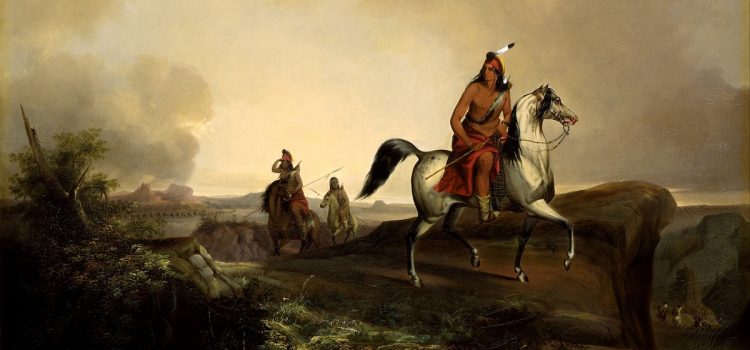How and when did government develop as an institution? How are governments held accountable? What makes a democracy stable? The Origins of Political Order by Francis Fukuyama explores the development of political systems from prehistory to the eve of the American and French revolutions in the late 18th century. Fukuyama is interested in how and why contemporary liberal democracies emerged. Keep reading for an overview of the book.
The Origins of Political Order by Francis Fukuyama: Book Overview




